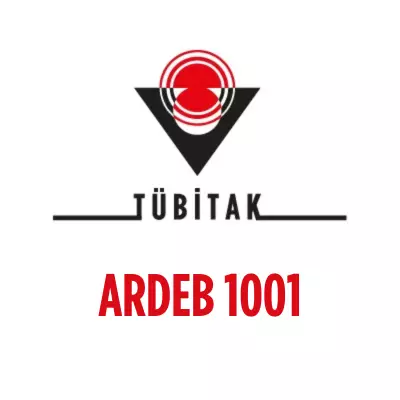The emergence and fast outbreak of Coronavirus Disease 2019 (COVID-19) resulted from Severe Acute Respiratory Syndrome Coronavirus-2 (SARS-CoV-2) is a potentially deadly disease that is rapidly causing public health catastrophes globally. Although efforts toward a vaccine as a foremost primary prevention strategy is progressing rapidly, development of safe and efficient therapeutic approaches for timely treatment of critical cases are of vital significance. MicroRNAs (miRNAs) have been recognized to target the viral genome directly or indirectly and thereby inhibit viral replication. Several studies demonstrated that host miRNAs target different sites in SARS-CoV-2 RNA and cause constraining the production of essential proteins for the virus. Moreover, miRNAs have lesser toxicity, lesser immune response, and high diversity than protein-based therapeutic agents and even plasmid DNA-based gene therapy. Due to the instability of miRNAs and their complex environment, including degradation by nucleases in vivo, the safety and effectiveness of miRNA delivery to obtain favorable effects in clinical application has become the focus of recent attention. Among various gene delivery systems, niosomes are considered attractive alternatives for the generation of new formulations for gene and oligonucleotide transfection due to their lower cost, longer stability, higher biocompatibility, and non-immunogenicity. Therefore, this work is aimed to design and develop theranostic niosomes coated with anti-ACE2 antibody for efficient and targeted delivery of miRNA-1275 into virus-infected cells for molecular targeting and inhibiting the genomic RNA (gRNA) of SARS-CoV-2. Through utilizing an anti-ACE2 antibody, niosomes might target the ACE2 receptors available on the membrane of infected cells and undergo a process of endocytosis resulting in releasing miRNAs to bind, block viral gRNA and finally inhibiting SARS-CoV-2 infection. After promising data from in vitro studies on the appropriate cell line models of COVID-19 such as VERO E6 cells, the efficiency of miRNA-1275 loaded into anti-ACE2 antibody-conjugated niosomes for inhibition of SARS-CoV-2 infection in infected human ACE2 transgenic mice can be evaluated. Besides, in vivo real-time fluorescence bioimaging are performed to detect the accumulation sites of NIOs in the body of mice due to incorporation of Quantum dots (Qds), as a promising theranostic agent.
